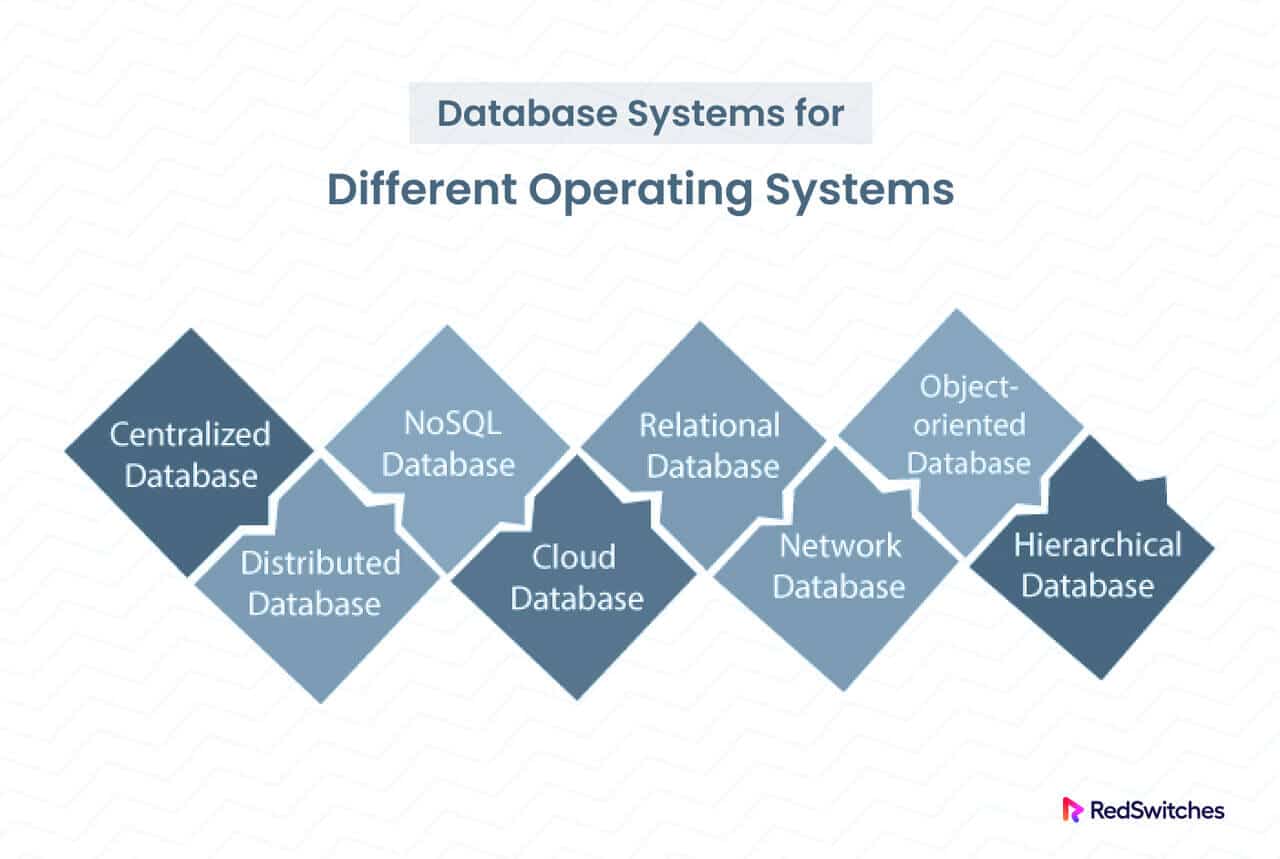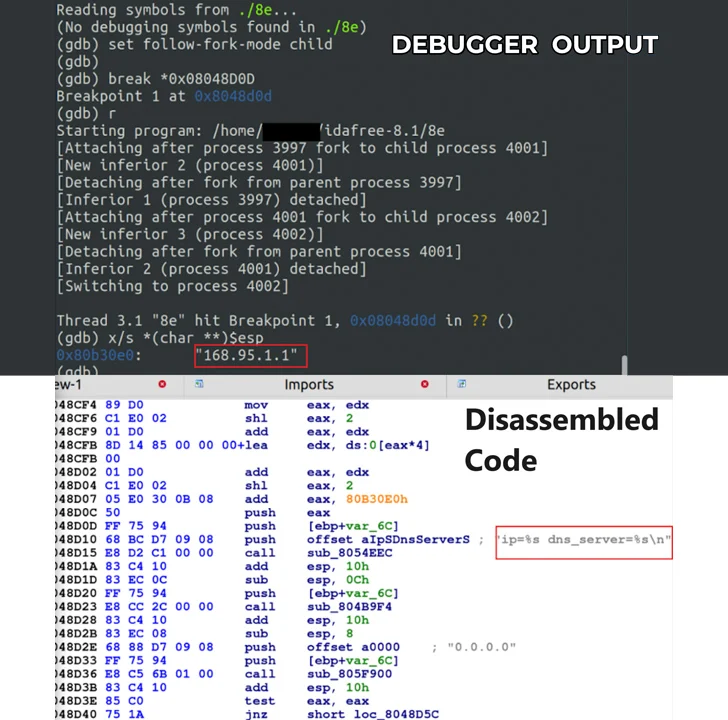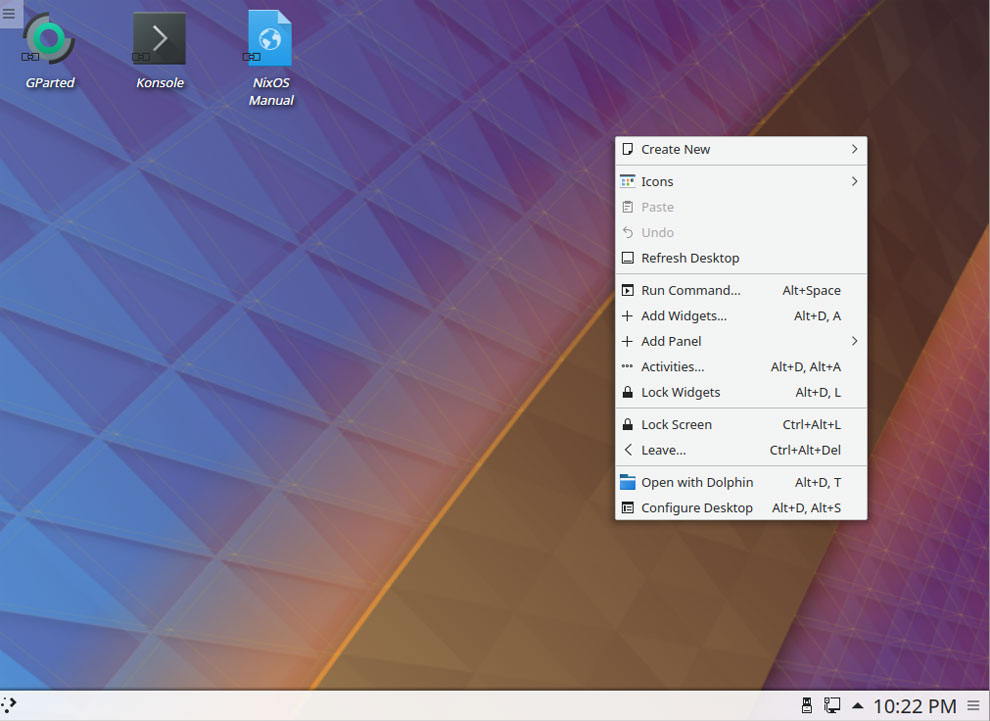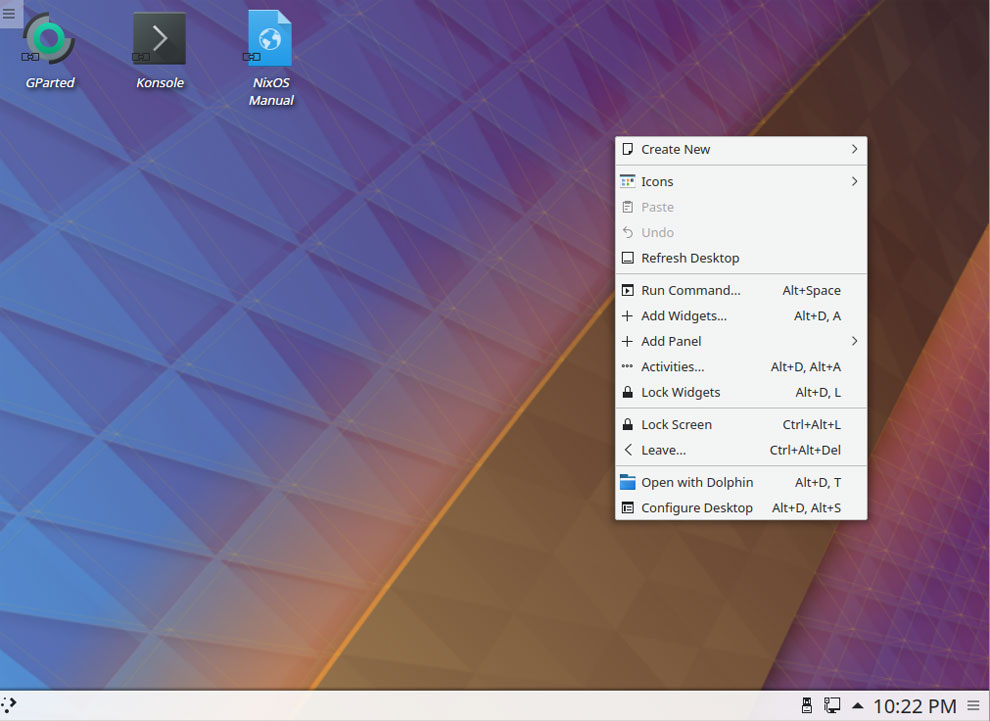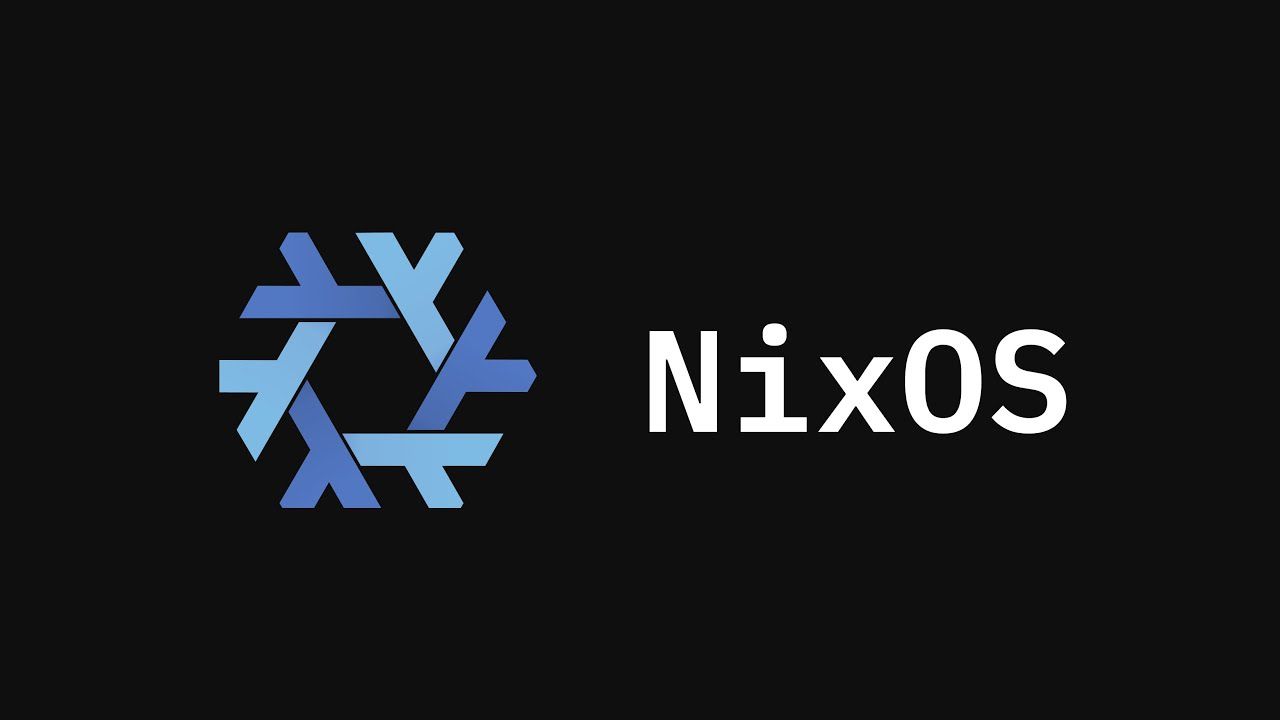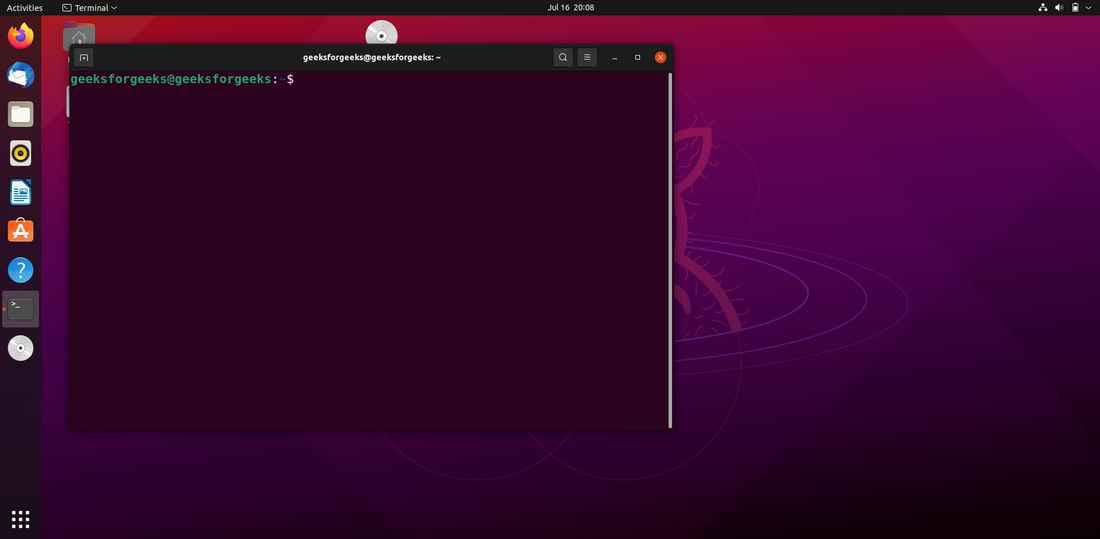
The Essential Linux Commands Every New User Should Master
If you’re new to Linux, mastering the command line is crucial. Back in the late 1990s, using the command line was a necessity for Linux users. Today, while it’s not mandatory, understanding basic commands is still essential. Let’s explore the top five commands that every new Linux user should learn.
ls - List Directory Contents
The ls command is fundamental. It displays the contents of a directory. By adding options like -l for a long list or -a to show hidden files, you can customize the output to suit your needs.
cd - Change Directory
cd is used to navigate between directories. Whether you want to move to a specific directory or return to your home directory, cd is your go-to command.
rm - Remove Files and Directories
To delete files or directories, rm is your tool. Be cautious with this command, especially when using the -r option to delete directories and their contents.
cp - Copy Files
Need to duplicate a file? cp is the command for you. Whether you’re copying within the same directory or to a different location, cp has you covered.
mv - Move and Rename
Use mv to move files between directories or rename them. It’s a versatile command that simplifies file management tasks.
Exploring Further
While these commands are the building blocks, Linux offers advanced features for power users. Consult the manual pages (man) for in-depth information on each command.
Start your Linux journey with confidence and embrace the power of the command line!
As a tech enthusiast, diving into Linux opens up a world of possibilities. Understanding these fundamental commands lays a strong foundation for your Linux experience. Embrace the command line and unleash your full potential in the Linux ecosystem.










